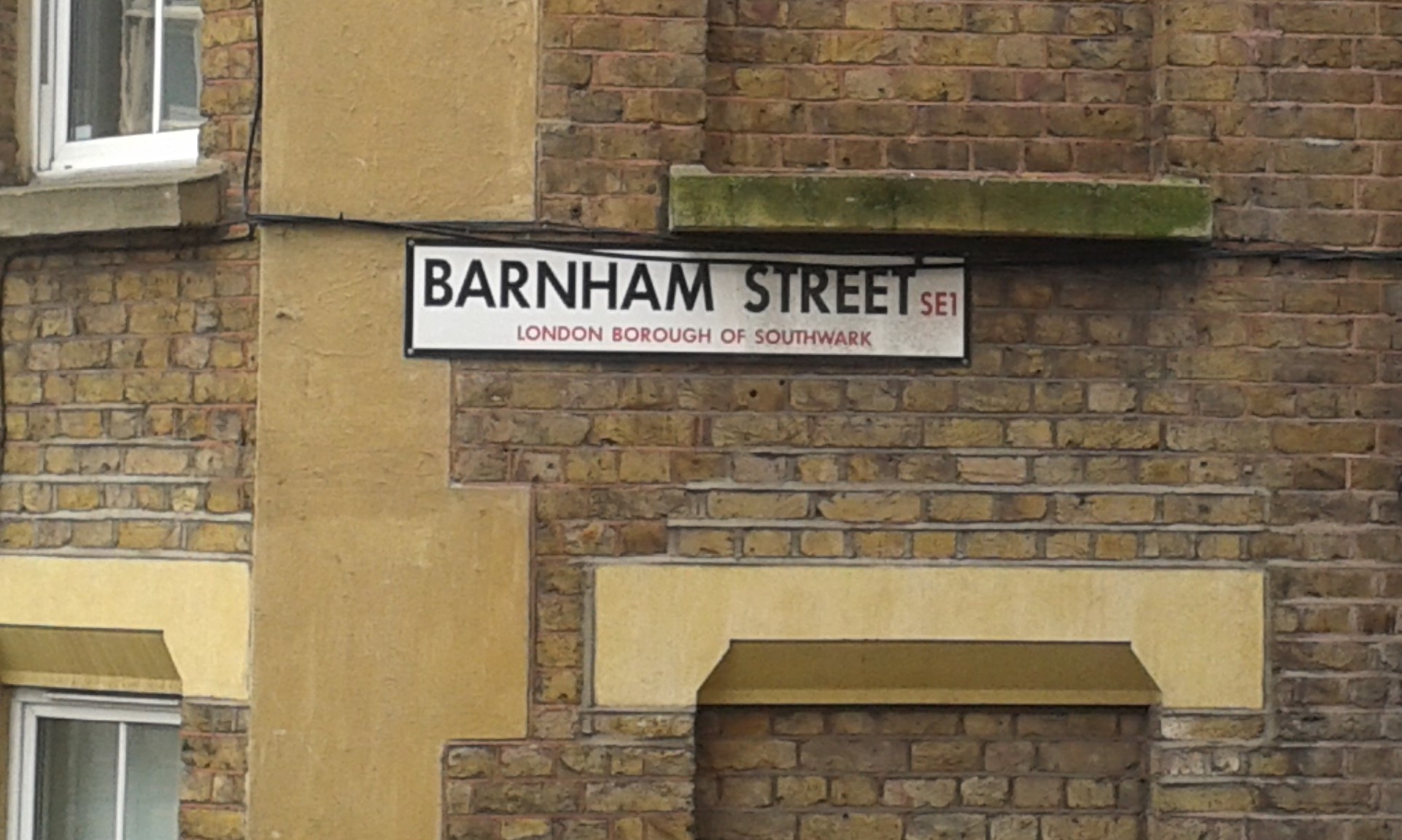You’ve dreamed up the story and done the research. You’ve spent endless hours agonising over character development and sequencing events. You’ve written the first draft, and then more drafts. People have read it and commented, and you’ve revised and sharpened it. Rewriting until you’re sick of it, and can’t imagine anyone ever wanting to read the damn thing.
Then – oh joy! – a publisher likes it and signs it up. Job done, you think. Time to start on the sequel. 
Boy, are you wrong. Enter the editor.
When I was younger, and greener in judgement, I admit I was sceptical about what editors contributed. I sometimes read an author’s fulsome gratitude for their editor in the book’s acknowledgements, and I would mutter to myself, “Can you not write properly on your own, then?” I was pretty confident I could do my own punctuation, thank you very much. I couldn’t see what else I might need from an editor.
Boy, was I wrong.
My novel, Fifty One, is on its way to publication (in September) with Filles Vertes Publishing. We are currently in the editing process, and have recently been through what I think of as the Big Edit. In my case, this meant my editor, a sharp guy called Harvey Spectre (of Spectre Editing), brought a completely fresh eye to my manuscript, asking difficult questions about the structure, themes, style. In effect, he took the story for a test drive, having thoroughly kicked the tires first.
It was disconcerting to read his feedback on that test drive. I thought I’d done a pretty good job. I was pleased with myself. But he told me that the book was way too long, nothing happened in most chapters, the characters were annoying, and – by the way – the time travel science on which the plot hinged was fundamentally flawed!

I exaggerate. But not much.
Harvey’s comments made me take a long, hard look at my work. And have a good, hard think about the tough questions he raised. I didn’t agree with every single comment he made, but – once I’d picked myself up – I could see that he had spotted a better story, and a better way of telling it, inside my original.
By chance, I was able to clear my schedule and make a few weeks available. I could work nearly full-time on a complete rewrite. I trimmed the length, straightened out the science, and gave the main relationship in the story more room to breathe.
I also addressed an annoying writing tic that Harvey spotted, and thoroughly skewered in his feedback (and which I will never reveal: once he’d pointed it out, it made me cringe that I’d not spotted it myself!).
Sculptors often say that their job is not so much to make something, as to chisel the stone to release the sculpture within it. Writing is different, of course, but in some ways your early drafts (and – in my case – what I thought was a final draft) are the rough stone. Sometimes, you’ll be lucky enough to be able to release the best story all on your own. But sometimes it is really valuable to have a critical friend to tell you that you haven’t finished.
The rewrite did the trick, and we’re now moving on to line edits, the more detailed polishing of the manuscript.
I’m hoping the next lot of feedback will be easier to read. But I’ll make sure I’m sitting down when I get it.

